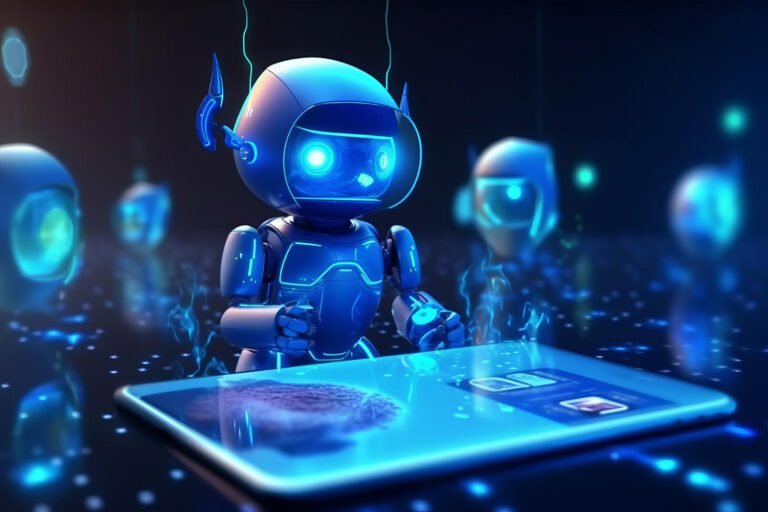Beyond the Algorithm: Embracing AI-Resistant Assessment in Education
With recent advances in generative AI, educators and institutions face the challenge of ensuring that assessments remain relevant and effective. The rise of AI in education prompts us to consider how we can design AI-resistant assessments that measure uniquely human skills, and ensure that graduates are job-ready. Such tasks are designed to evaluate the rich tapestry of human intelligence that AI cannot replicate.
Let’s explore the significance of these assessments and delve into examples that highlight their importance in modern education.
The Essence of AI-Resistant Assessments
AI-resistant assessments are those that AI technologies cannot easily understand or complete. They focus on nuanced human skills like critical thinking, creativity, emotional intelligence, and complex problem-solving. The goal is to ensure that assessments not only evaluate knowledge and skills but also cultivate and measure the uniquely human attributes that remain crucial in a technology-driven world.
1. Cultivating Critical Thinking and Complex Problem-Solving
Critical thinking and problem-solving are cornerstone skills in education, demanding a level of sophistication and nuance that AI has yet to master. These skills are essential for students to navigate the complexities of the modern world.
Example: Consider a multidisciplinary project where students must propose solutions to a global issue, such as climate change. They would need to integrate knowledge from science, economics, and sociology, requiring a deep understanding of the issue’s multifaceted nature and the ability to propose holistic, sustainable solutions.
2. Encouraging Creativity and Originality
Creativity remains a distinctly human trait, and assessments that encourage original thought and innovation are inherently AI-resistant. These assessments challenge students to push the boundaries of their imagination and create work that reflects their unique perspective and skills.
Example: In an art class, students might be tasked with creating a piece that communicates a personal message about identity. Such an assignment evaluates students’ ability to convey complex ideas through creative expression, a task AI is far from achieving.
3. Fostering Ethical Reasoning and Emotional Intelligence
AI’s understanding of ethics and emotions is limited by its lack of genuine consciousness and empathy. Assessments that delve into these areas can provide valuable insights into a student’s ability to navigate ethical dilemmas and understand emotional nuances.
Example: A role-playing exercise in a psychology class, where students must navigate an ethical dilemma involving client confidentiality, can assess students’ ability to apply ethical principles and empathize with different stakeholders’ perspectives.
4. Enhancing Interpersonal Skills and Leadership
The unpredictable and dynamic nature of human interactions makes assessments in this area particularly AI-resistant. These assessments evaluate students’ ability to communicate effectively, work collaboratively, and lead with empathy and insight.
Example: In a business course, a group project requiring students to develop and pitch a new product idea can assess not only their teamwork and leadership skills but also their ability to innovate and persuade.
5. Emphasizing Hands-on and Experiential Learning
Hands-on skills, whether in the laboratory, studio, or workshop, require a level of physical dexterity, intuition, and adaptability that AI cannot replicate. These assessments provide insights into students’ practical and applied skills.
Example: In a culinary arts program, a cooking assessment not only evaluates students’ technical skills but also their creativity in flavor pairing and presentation, aspects of cooking that AI cannot fully grasp or assess.
Conclusion: Preparing for a Future with AI
As AI continues to evolve and integrate into various sectors, including education, the need for AI-resistant assessments becomes increasingly apparent. By focusing on developing and evaluating the deep, nuanced human skills that AI cannot replicate, educators can ensure that students are prepared not just to coexist with AI but to thrive in a future where human insight, creativity, and empathy remain invaluable. In this light, AI-resistant assessments are not just a response to technological advancement but a reaffirmation of the enduring value of human intelligence and capability in the age of AI.






